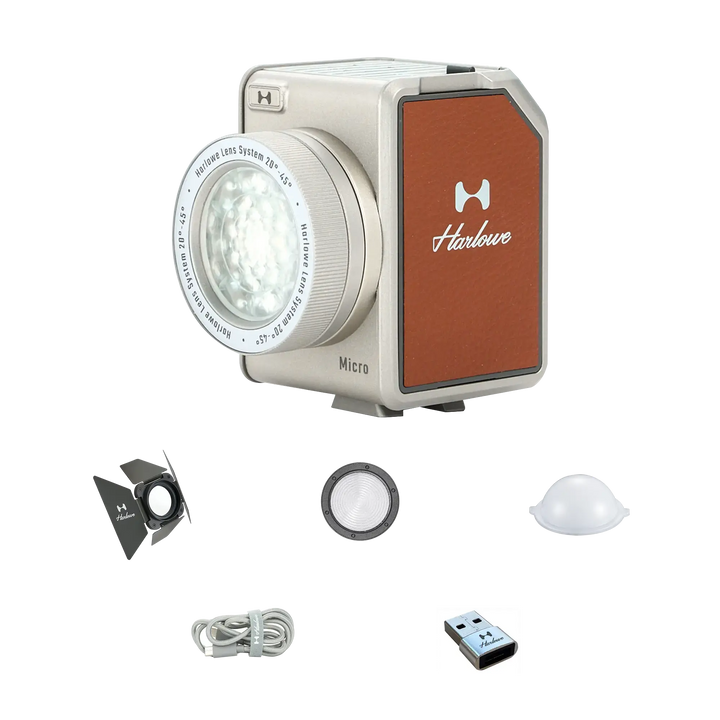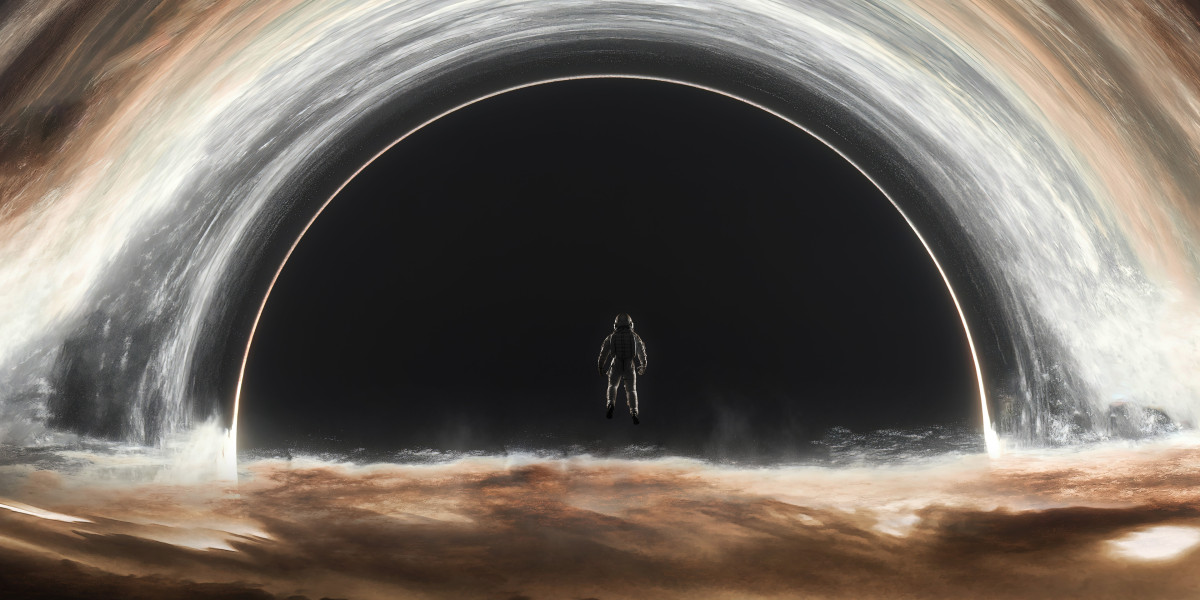Unveiling the Future: What Photography Lights Will Define 2025?
In the world of photography, lighting is often the unsung hero that can make or break a shot. Whether you're a seasoned professional or an enthusiastic hobbyist, understanding the nuances of lighting can elevate your work to new heights. As we approach 2025, the landscape of photography lighting technology is evolving rapidly, driven by innovation and changing artistic needs. This article aims to explore the anticipated trends and expert opinions on photography lights that are expected to become best sellers in 2025, providing insights that can help photographers stay ahead of the curve.

The Evolution of Photography Lighting
Photography lighting has come a long way since the early days of flashes and incandescent bulbs. Initially, photographers relied heavily on natural light, which posed challenges for indoor or low-light shooting. The introduction of electric flash units marked a significant turning point, allowing for greater control over exposure and creativity. Over the years, we’ve witnessed the rise of various lighting technologies, including tungsten, fluorescent, and, most notably, LED lights. LEDs have revolutionized the industry with their energy efficiency, long lifespan, and versatility. They produce less heat, which is particularly advantageous during long shoots. Additionally, portable lighting solutions have become increasingly popular, giving photographers the flexibility to capture stunning images under varying conditions. As we look towards 2025, the evolution of photography lighting continues, promising even more innovations that cater to the diverse needs of photographers.
Current Trends in Photography Lighting
As of 2023, several trends in photography lighting are shaping the way photographers approach their craft. One of the most notable trends is the demand for multifunctional lighting equipment. Photographers are increasingly seeking lights that can serve multiple purposes, such as continuous lighting for video as well as still photography. Furthermore, the popularity of softbox lights continues to grow, as they provide a flattering, diffused light that is ideal for portraiture. Another trend is the integration of smart technology into lighting setups. Photographers are gravitating towards lights that offer app control, allowing for precise adjustments from a distance. This trend not only enhances convenience but also fosters creativity, enabling photographers to experiment with lighting effects in real-time. As these trends continue to evolve, they will undoubtedly influence the types of photography lights that dominate the market in 2025.
Expert Opinions on Future Photography Lights
Industry experts predict that the photography lights of 2025 will be a blend of advanced technology and user-friendly features. Many anticipate a surge in the use of AI-driven lighting systems that can adapt to various shooting environments automatically. For instance, some experts believe that future lights will be equipped with sensors that detect ambient light levels and adjust their intensity accordingly, ensuring optimal exposure without manual intervention. Additionally, there is a growing emphasis on sustainability within the industry. Experts suggest that eco-friendly lighting options, such as solar-powered lights or products made from recycled materials, will gain traction among environmentally conscious photographers. These innovations not only address the need for better performance but also align with a broader movement towards sustainability in photography. As we look ahead, these expert insights provide valuable foresight into the types of lighting that may dominate the market in 2025.
Impact of Technology on Photography Lighting
The impact of technology on photography lighting cannot be overstated. Recent advancements have made lighting more accessible and versatile than ever before. LED technology, for instance, has not only enhanced the quality of light but has also made it more affordable for photographers at all levels. Moreover, the introduction of smart features has transformed how photographers interact with their lighting setups. Features such as remote control, programmable settings, and integration with other smart devices allow for unprecedented control and creativity. Additionally, there is a growing focus on sustainable practices, with manufacturers exploring biodegradable materials and energy-efficient designs. As technology continues to advance, photographers can expect their lighting equipment to become more intuitive, customizable, and environmentally friendly, paving the way for a new era of creative possibilities.
Preparing for the Future: What Photographers Should Look For
As we approach 2025, photographers should keep several key factors in mind when selecting lighting equipment. First and foremost, versatility is crucial. Photographers should look for lights that can adapt to different styles of shooting, whether it's portrait, landscape, or product photography. Additionally, the ability to control lights remotely or through an app will likely become standard, so investing in smart lighting solutions may be beneficial. Sustainability is another important consideration; opting for energy-efficient lights not only reduces the carbon footprint but also aligns with consumer preferences for eco-friendly products. Lastly, staying informed about emerging technologies and trends will help photographers make educated decisions about their lighting setups, ensuring that they remain competitive in an ever-changing market.
Future Perspectives on Photography Lighting
As we look towards 2025, the landscape of photography lighting is set to undergo significant changes driven by technological advancements and evolving artistic demands. From the evolution of lighting technology to the current trends shaping the industry, it is clear that staying updated is vital for photographers aiming to enhance their craft. Expert insights suggest that the future will bring innovative features, sustainability, and enhanced versatility in lighting equipment. By preparing for these trends and considering the factors discussed, photographers can position themselves to thrive in the dynamic world of photography lighting as we enter a new era in 2025.












